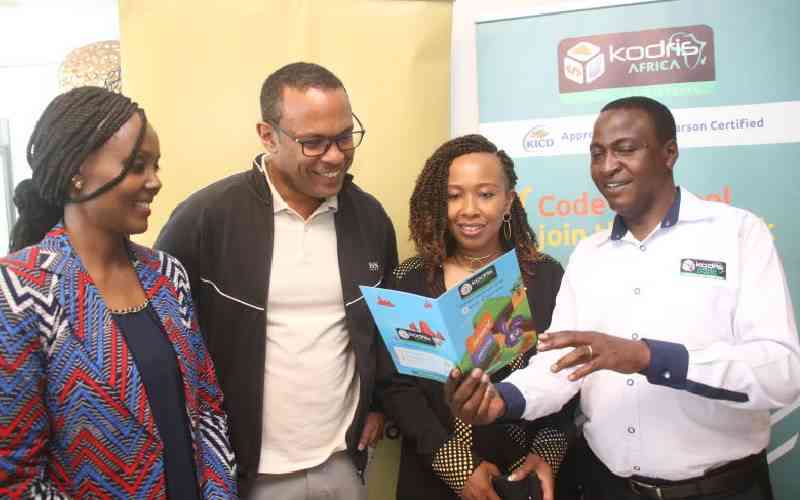
Kenya National Examinations Council (Knec) is developing assessment tools that will be used to examine the coding syllabus in primary and secondary schools.
Education stakeholders and tech giants have affirmed their commitment to adopt coding as a subject of study from the elementary level and as key driver to grow the digital economy. "We have an obligation to assess all curriculum developed by the Kenya Institute of Curriculum Development (KICD). We have already kicked off the process of developing procedures and assessment tools for the syllabus," said Knec Chief Executive Officer David Njengere.